I couldn't find anyone with a similar problem so I decided to create a new question.
I am currently trying to extract hexadecimal 1 byte sized values from a string stream, I plan on storing the value extracted inside an unsigned char, the problem is, the string stream will extract a single character from the stream and store it in my variable. That's understandable, I thought, as I successfully used a short integer to extract my value and it worked flawlessly. Now that I knew my problem, I thought I could simply cast my variable to a numerical value, while keeping it as an unsigned char, but apparently it wasn't possible for me to cast it as the right operand of the extraction operator:
Note: byte is a typedef for unsigned char, not std::byte.
Here are some attempts:
I'm fine using a short instead of a char, but I wanted to know if there's a way around this, using member operator>>() didn't work for me either!
Edit: This is how my stringstream string looks like: "11 A7 D9 13 6D 9D ED DA FD F4 F1". I want to extract the hexadecimal 11 (17 decimal) into my byteBuffer variable.
